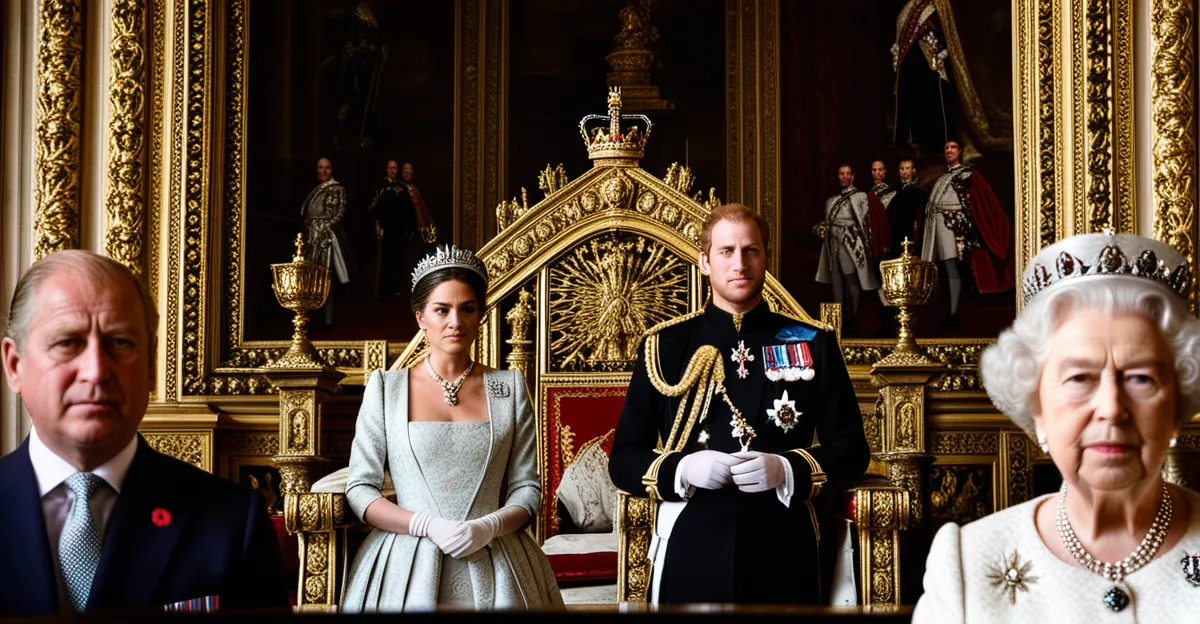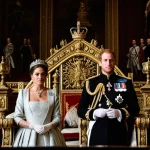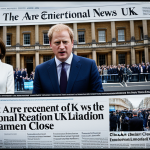Current State of the British Monarchy
The British Monarchy in 2024 remains a visible and influential institution within UK society, balancing tradition with modern expectations. While its direct political power is limited, the monarchy retains a significant symbolic role that reinforces national identity and continuity. The monarchy in modern society functions primarily through ceremonial duties, charitable patronage, and representing the UK on the global stage.
The current royal role involves numerous official engagements across the UK and the Commonwealth, supporting charities and promoting various causes. The royal family also plays a diplomatic role, hosting foreign leaders and undertaking state visits that enhance Britain’s international relationships.
Also to discover : What are the effects of digital transformation on UK industries?
Despite shifts in public opinion, media coverage ensures consistent visibility, making the monarchy a subject of ongoing public interest. Global media outlets highlight royal events, ranging from weddings to state functions, reflecting both fascination and scrutiny. This intense coverage helps the monarchy maintain its relevance, even as societal expectations evolve. Thus, the British Monarchy today is a blend of ceremonial tradition and active participation in public life, adapting while preserving its historic significance.
Historical Foundations and Evolution
The history of the British Monarchy traces back over a millennium, reflecting a complex evolution that shaped its modern form. Key moments include the Magna Carta, which began limiting royal power, and the Glorious Revolution, establishing parliamentary supremacy. These events laid foundations for the current constitutional framework, where the monarch’s role is largely ceremonial.
Also to see : What are the implications of recent UK news on international relations?
The evolution of the monarchy continued through shifts such as the gradual transfer of political authority to elected bodies, especially during the 19th and 20th centuries. This transition marked a significant change from absolute monarchy to a symbolic institution serving the state and people.
The changing royal role now focuses on representative duties, charity work, and national unity rather than direct governance. Compared to traditional monarchs wielding political power, today’s royals embody continuity and cultural heritage, balancing public expectations with historical tradition. Understanding this evolution clarifies why the monarchy maintains relevance despite limited political authority.








